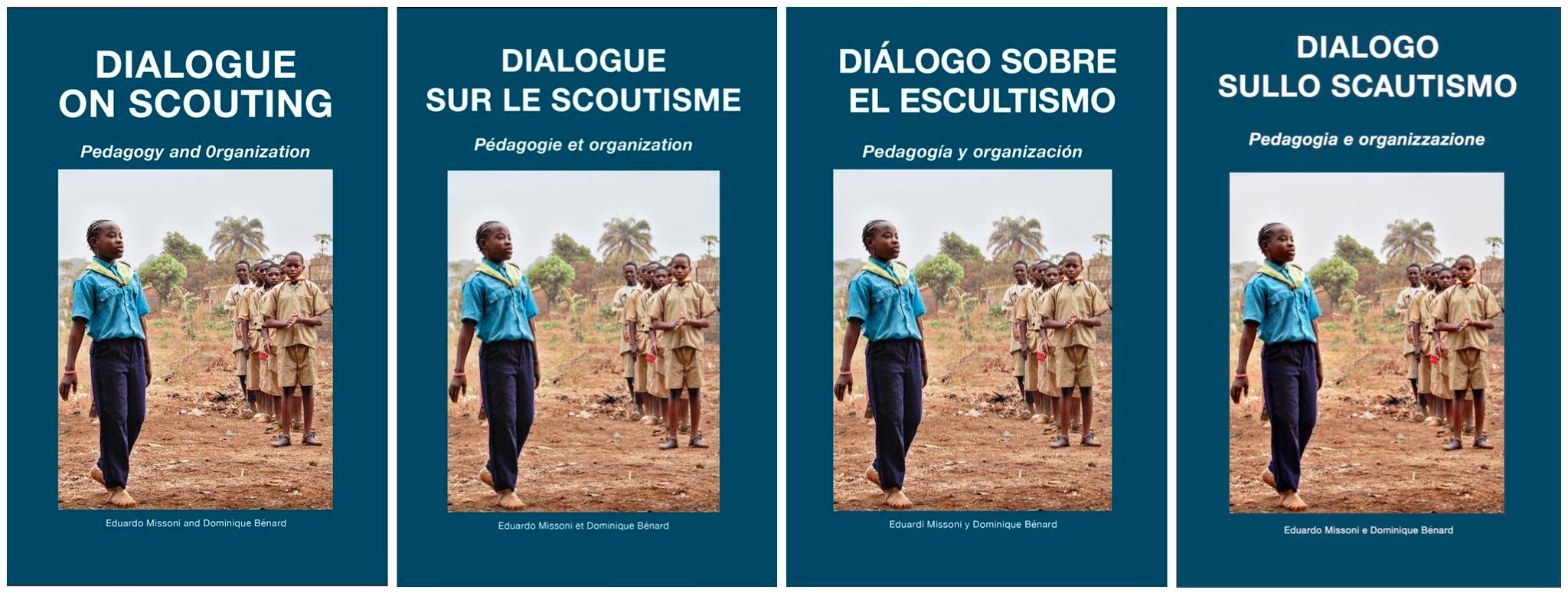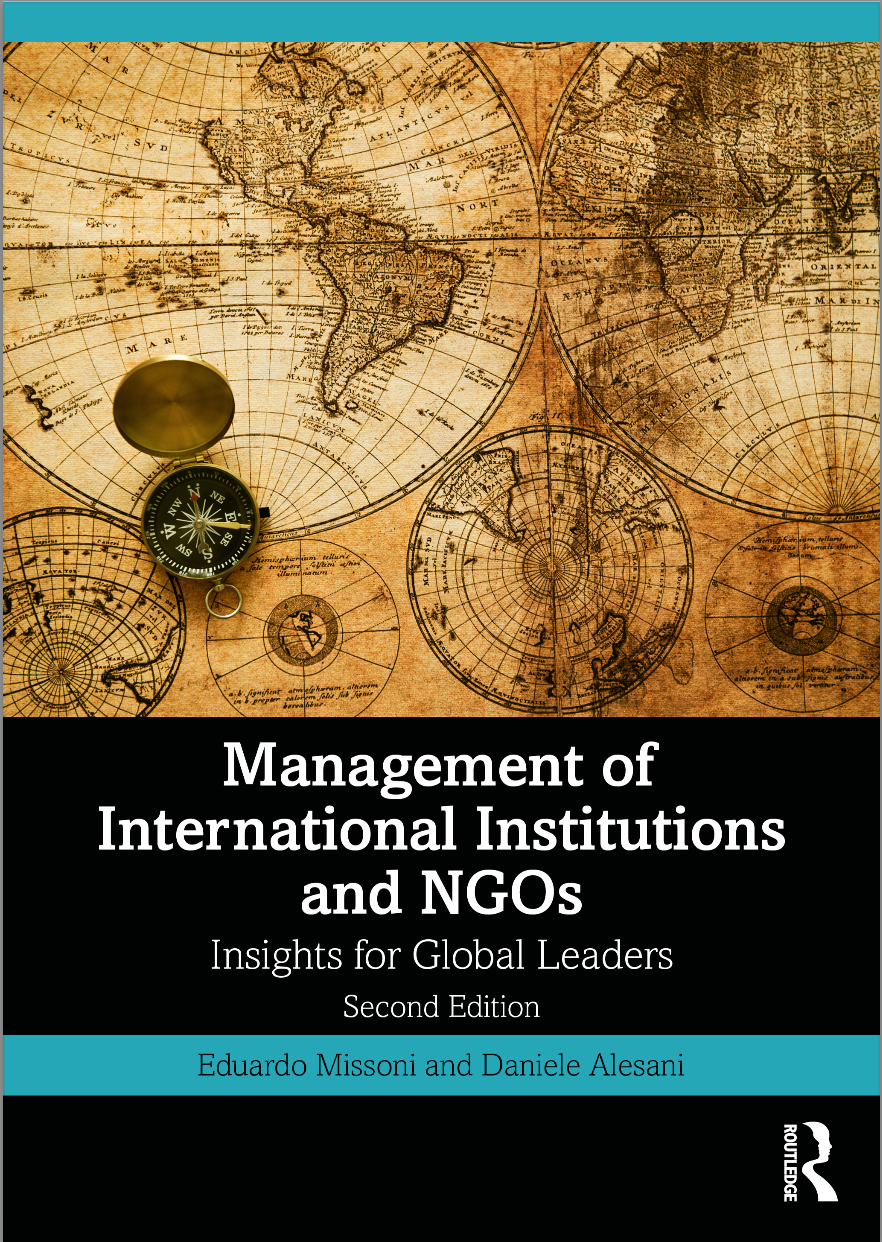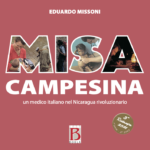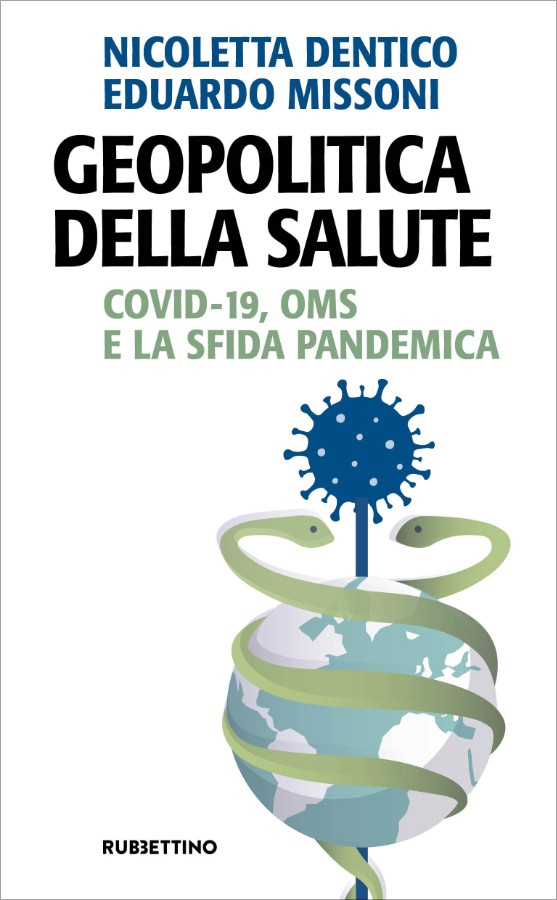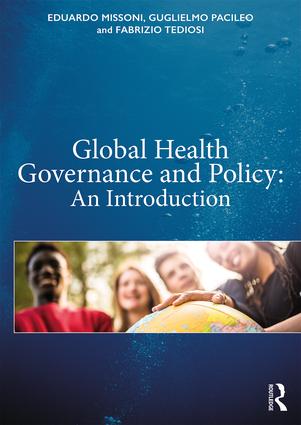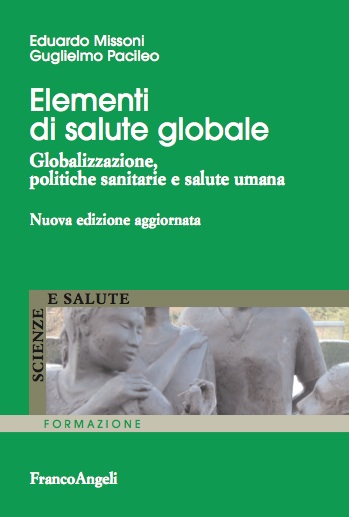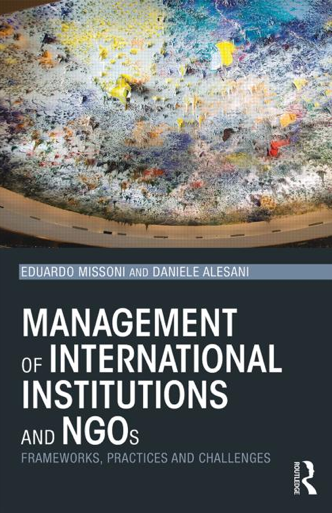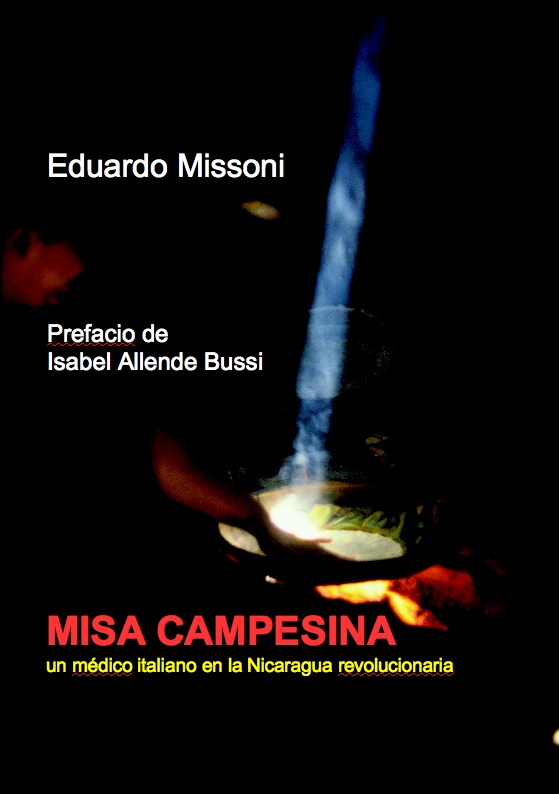
With Saluteglobale.it association for social promotion, in particular the right to health, we explored in depth the issue of masks, concluding on the need for an urgent further revision of the WHO guidelines, as well as to direct research on appropriate technologies for a widespread production of personal protective equipment, bearing in mind also the conditions of the most disadvantaged populations.
The use of surgical masks and other Personal Protective Equipment (PPE) is now at the centre of the debate and controversy on pandemic control measures COVID-19. In Italy, also on this issue the Regions and the national coordination continue to go in scattered order, with conflicting ordinances and decrees. The repeated image of representatives of the institutions wearing a mask, often even improperly (e.g. leaving the nose uncovered), while stressing that its use must be reserved for symptomatic people is certainly an additional element in creating great confusion.
The World Health Organization (WHO) guidelines of 6 April 2020 continue to advise against the use of surgical masks in asymptomatic people, as there would not be sufficient evidence of their complete effectiveness, a position followed so far by our national health authorities, but which several Italian regions, as well as a growing number of countries in Europe, have not taken into consideration at all. Such as the Czech Republic, which was the first to make their use obligatory for everyone, and as was done in South Korea and China, countries where the use of masks has long been part of the custom and whose generalized use is considered among the elements of success in the containment of the epidemic.
In particular, since the first edition (29 January 2020), the WHO guidelines have been imperative in advising against the use of fabric masks, because they could even propitiate contagion through reduced effectiveness due to incorrect use or generating a false sense of security. However, on Friday, April 3, Mike Ryan, WHO’s emergency manager, admitted that homemade masks could also help reduce the spread of the virus; in fact, he was contradicted on April 6 by the Organization’s new guidelines and felt that he could not make a recommendation in the absence of conclusive evidence either for or against their use in the community. Rather, the WHO continues to stress the potential risk arising from the generalised use of masks which could create a false sense of security, lead to neglect of hand hygiene and physical distancing practices, entail unnecessary costs and take masks away from frontline operators, especially when stocks are short. The WHO wash its hands and leaves it to the national authorities to decide what to suggest regarding the use of non-approved masks and to carry out further research in this respect.
Let us try to analyse more in depth.
Especially in emergencies, public health decisions cannot be based solely on insufficient evidence of optimal efficacy when there is no equally firm evidence of a potential risk. Instead, it is essential to adopt a systemic vision that also takes account of social, cultural, economic and even ethical determinants, as well as common sense.
Indeed, the systematic review of the scientific literature does not identify studies that indicate a real danger in the widespread use of surgical masks in the general population (“in the community”) there is instead an almost general consensus on the role of surgical masks in reducing at least partially (depending on the material or combination of materials they are made of) the exposure of healthy people to respiratory infections and, to a greater extent, in counteracting the ability of infected people to spread the infection.
On the other hand, there is now broad consensus that the coronavirus can also be transmitted by asymptomatic people. It is therefore clear that the use of a protective barrier, although not optimal, for both symptomatic and asymptomatic people should be universal. Unless its proper use is promoted and distracted from other protective and control measures.
The problem of supply remains. The pandemic has called into question the functioning of the global market. Paradoxically, when China – the world’s leading producer – at the height of the epidemic called for international support, many of the masks sold in Italy were “made in Wuhan”. At the same time, other producer countries were blocking their exports to meet the foreseeable increase in national demand. Meanwhile, in Italy, in contravention of the recommendations of the Ministry of Health, an army of panicked consumers ran to buy all types of masks and respirators, leaving retailers and, above all, health care facilities and workers without any PPE. Since this mobilisation cannot be stopped – it must be understood that people are primarily motivated by their right desire for personal protection – then it should be managed.
Ideally, masks should meet recognised safety and quality standards, but the current pandemic is by no means an ideal situation. Almost everywhere, in Italy and abroad, demand is greater than production capacity, including the conversion of domestic industry. Only in Italy, where the availability of disposable masks to the entire population should be ensured, the supply should be at least one hundred million masks per day, without considering the environmental impact of their subsequent disposal.
This is why alternative solutions must be sought at all costs, rather than hiding behind the lack of effectiveness so as not to promote the universal use of individual protection.
Widespread production at community level and homemade masks also appear to be a good solution to allow high quality and maximum protection of approved material to be reserved for health care personnel and that should be guaranteed by the health authorities. This line has recently been taken over, with a significant change of direction, even by the CDC in Atlanta, the United States of America’s centre for the control of infectious diseases, and by its counterpart, the European Centre for Disease Control and Prevention (ECDC).
Nonetheless, in the absence of adequate industrial and/or import capacity, widespread production at Community and/or domestic level in the poorest countries could be the only possible option.
More advanced and sustainable solutions also come from new technologies, such as low-cost 3D printers that are becoming increasingly affordable worldwide, allowing the production at community level of perfectly fitting respirators made of compostable plastic, but where the question of the material to be used for the filter element remains open, also to be investigated with a view to accessibility and sustainability.
It is therefore up to the institutions, first and foremost the WHO, to identify and promote the best possible solutions (materials, models, etc.) and promote further in-depth studies based on criteria of effectiveness, safety, availability, affordability and sustainability, or rather appropriate technology even in disadvantaged social and economic contexts. Prioritizing reusable models to avoid contributing to the generation of millions of tons of special waste.
However, it is essential, in this they all agree, to accompany the promotion of the universal use of masks with rigorous instructions and intense education campaigns on the correct methods of production, use, disposal and maintenance, always insisting on the fundamental need to combine the use of PPE, with frequent hand washing, the sanitation of objects and common areas, social distancing and other measures to prevent and control infection.
Finally, the widespread use of masks, local production and the cooperative approach could also be a further form of emancipation of the population and a way to rediscover the value of the contribution we can all make to win the battle together, as in Dumas’ Risorgimento (resurgence) epic “masks for all and all for the masks”.


 English
English